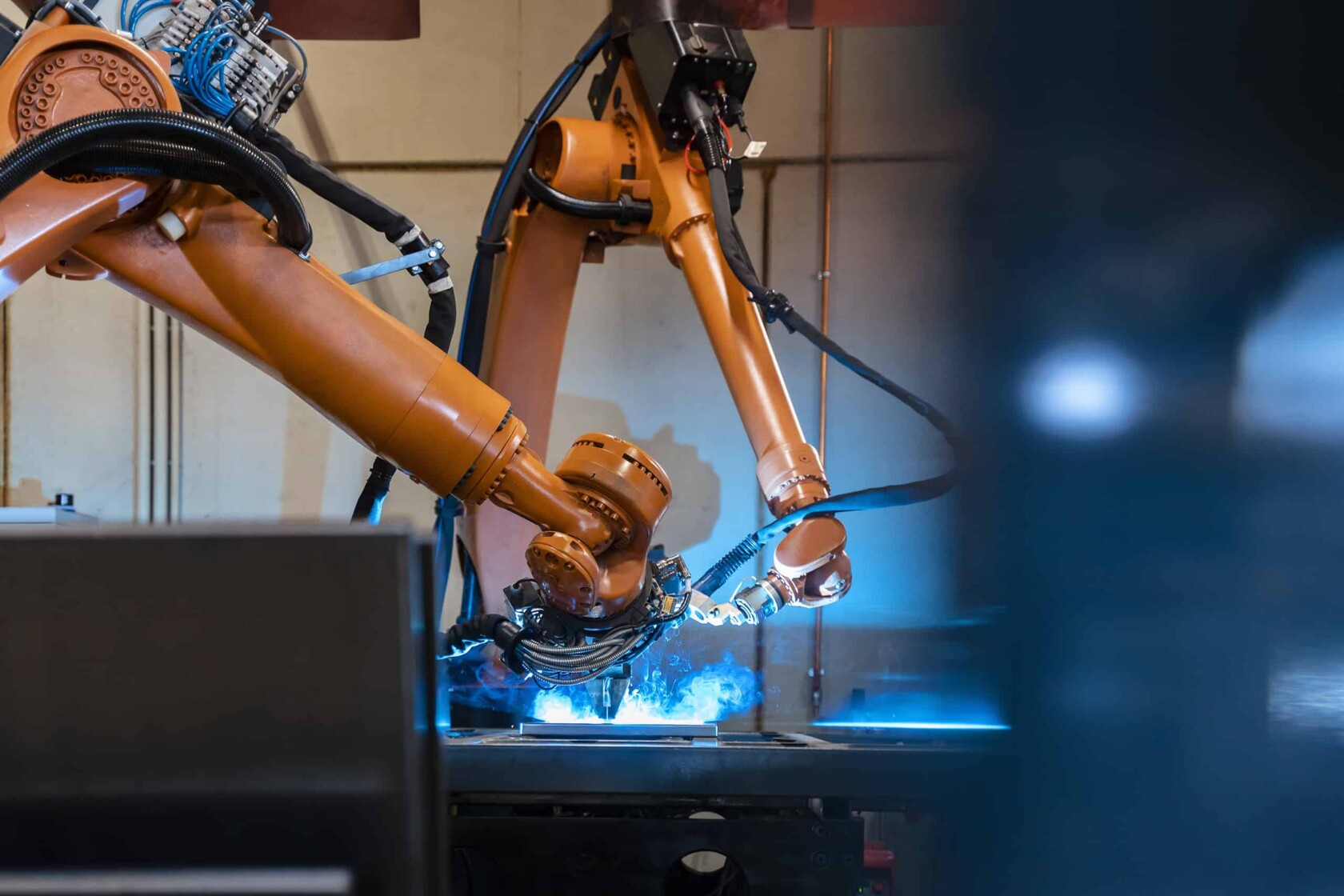Advanced Materials and Additive Manufacturing

The ever-increasing adoption of advanced materials and additive manufacturing, such as 3D printing, into modern manufacturing is transforming the industry by enabling the creation of lighter, stronger parts and systems. While these innovations yield undeniable benefits, they also have legal implications that can sometimes surprise the companies adopting such innovations. Foley’s Advanced Materials and Additive Manufacturing team helps you manage risks and avoid legal pitfalls, from R&D to sale, so you can focus on seamless integration of these technologies into your business.
Shaping the Future with Smart Manufacturing
Manufacturers are at the forefront of innovation, consistently pushing to evolve their products to meet sophisticated demand while driving down product costs. Additive Manufacturing and Advanced Materials are a critical component of Smart Manufacturing. In the Advanced Materials space, new ideas for engineering materials are continuously evolving to solve existing problems as well as creating entire new areas of possibility. Advanced Materials are often approached from the ground up at the molecular or atomic level to achieve desired characteristics, such as increased strength, durability, conductivity, or optical properties. Examples of Advanced Materials that have gone from concept to reality in recent years include:
Structural Materials
- Metal Foams
- Aerogels
Functional Materials
- Graphene
- Superlubriocious Solids
- Non-Precious Metal Catalysts
Biocompatible Materials
- Biocompatible implants
In addition, many Advanced Materials, and even some materials that now may be considered a stock item, may benefit from production through Additive Manufacturing, owning in large part to the often ground up design approach for Advanced Materials. With Additive Manufacturing, manufacturers produce products through addition (unlike traditional subtractive manufacturing methods), including 3D printing, chemical vapor deposition, direct energy deposition, doping, electron beam melting, layer-by-layer assembly, material jetting and extrusion, and physical vapor deposition.
Often these types of new developments represent a sea-change, ushering in not only boundless possibilities, but also a host of legal challenges as well as opportunities. The speed with which new developments occur require quick action and reward broad vision. Our team will work with you to meet the demands of the moment as your company adapts to this changing space.
Our Experience
Capitalizing on Smart Manufacturing requires a combination of broad industry knowledge and deep technical understanding to navigate the myriad of legal issues. Our team can help you with issues spanning intellectual property and licensing, supply chain resilience and facility development, research and development through funding, government incentives and grants, and regulatory compliance. We are able to draw upon a broad range of experience from 1,100 of lawyers and professionals to quickly assess the relevant legal issues for Advanced Materials and Additive Manufacturing projects, whether as part of a cutting-edge new development or delving into a new technology that is sweeping the world. We add to that broad base of industry experience, individuals with deep legal knowledge in specialized issues relevant to Smart Manufacturing and a core group of professionals who not only understand manufacturing, but are steeped in the technology itself.
Research and Development Through Funding
Securing government funding for research and development is a significant milestone for your company, and it comes with considerations. We work with you to ensure compliance with stringent requirements, reporting obligations, and usage restrictions. Our team can help you navigate the strictures in place governing IP rights in federally funded projects.
Intellectual Property and Licensing
The strategic management, protection, and enforcement of intellectual property is paramount to maintaining competitive advantage and fostering continued innovation. Our team will help you navigate managing your intellectual property strategy, from filing to enforcement, as you continue to innovate. We’ll work with you to craft and negotiate licensing agreements that maximize the value of IP assets while facilitating technology transfer and collaboration between entities. Understanding the challenges of additive manufacturing, such as protecting the IP rights of digital designs and addressing copyright issues in software used in 3D printing processes, we devise strategies that safeguard innovations, protect and enforce your intellectual property assets, and promote their commercial exploitation.
Supply Chain – Facility Development
We advise clients on the myriad legal aspects associated with establishing and managing cutting-edge supply chains and production facilities. This includes negotiating and drafting contracts with suppliers and partners that address critical issues such as quality control, intellectual property rights, and confidentiality, ensuring the seamless integration of new materials and technologies into existing manufacturing ecosystems. Our experience includes regulatory compliance, helping clients navigate the complex web of environmental, safety, and industry-specific regulations that impact facility operations and supply chain logistics.


